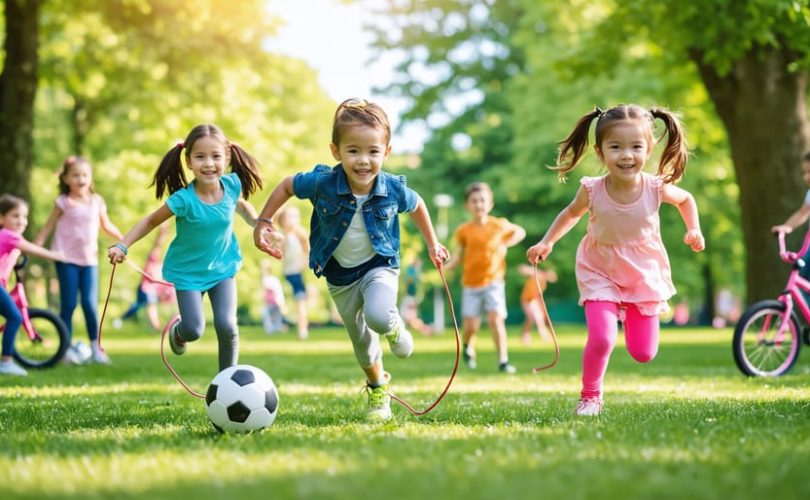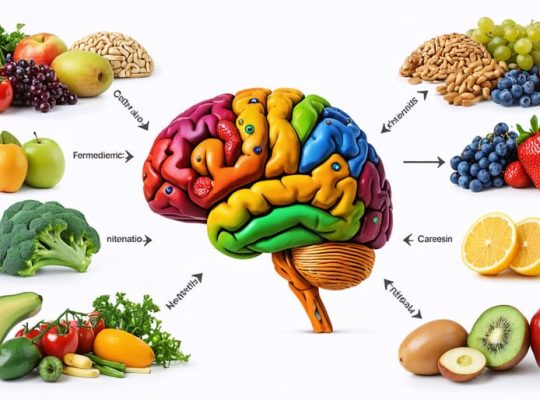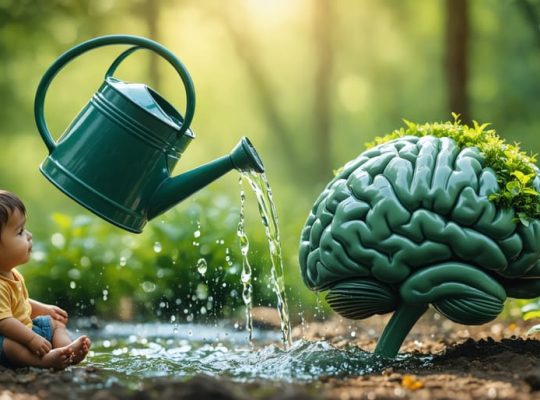Discover the powerful mental health benefits of physical activity. Regular exercise can elevate mood, reduce stress and anxiety, sharpen focus and memory, boost self-esteem, and promote better sleep. Beyond the well-known physical health perks, staying active is one of the most effective ways to improve emotional well-being and build resilience. Whether it’s team sports, outdoor adventures, or simple play, getting kids moving does wonders for their developing minds. Dive in to learn the science behind how exercise enhances mental health and get practical tips for making physical activity a joyful, integral part of your child’s life.
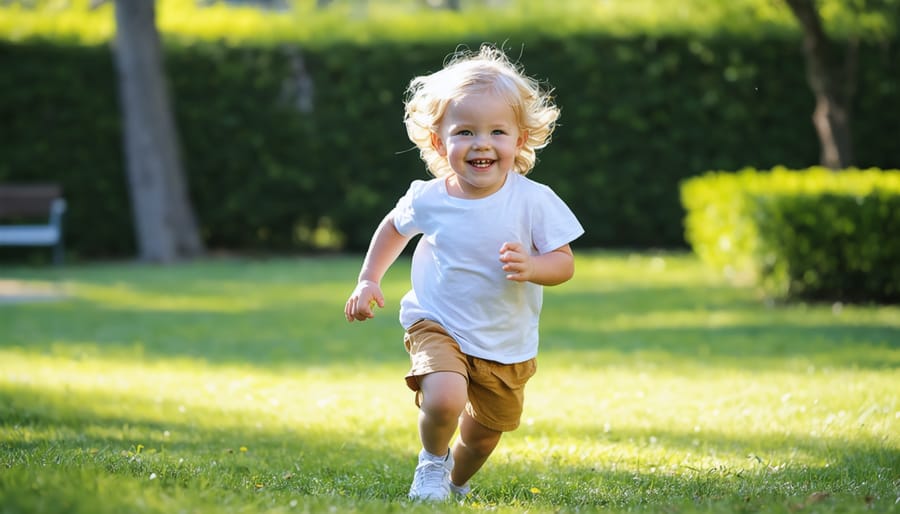
Reduces Stress and Anxiety
Regular physical activity can have a profound impact on reducing stress and anxiety in children. When kids engage in exercise, their bodies release endorphins, which are natural mood-boosters that promote feelings of happiness and relaxation. At the same time, physical activity helps to lower levels of stress hormones like cortisol and adrenaline. This powerful combination can help children feel calmer, more centered, and better equipped to handle the challenges of daily life.
Exercise also provides a healthy outlet for children to release pent-up energy and emotions. Whether it’s running around the playground, playing a game of tag, or participating in a team sport, physical activity allows kids to blow off steam and let go of frustrations in a positive way. This can be especially beneficial for children who struggle with anxiety, as it gives them a constructive way to manage their worries and fears.
Moreover, regular exercise can help children develop resilience and coping skills. When faced with a stressful situation, kids who are physically active may find it easier to stay grounded, maintain a positive outlook, and problem-solve effectively. By promoting a sense of inner strength and self-confidence, physical activity empowers children to navigate life’s ups and downs with greater ease and adaptability.
Boosts Mood and Self-Esteem
Physical activity is a powerful tool for boosting mood and self-esteem in children. When kids engage in exercise, their bodies release endorphins, which are natural chemicals that promote feelings of happiness and well-being. This endorphin rush can help alleviate stress, anxiety, and even symptoms of depression.
Moreover, setting and achieving fitness goals can have a profound impact on children’s self-confidence. Whether it’s running a faster mile, mastering a new yoga pose, or scoring a goal in a soccer game, accomplishing physical challenges gives kids a sense of pride and self-efficacy. They learn that through hard work and perseverance, they can overcome obstacles and achieve their aspirations.
This newfound confidence often translates into other areas of their lives, such as academics and social interactions. Children who feel good about their physical abilities are more likely to approach challenges with a positive attitude and believe in their own potential for success.
As parents and caregivers, we can foster this mental health boost by encouraging regular physical activity and celebrating our children’s fitness achievements, no matter how small. By making exercise a fun and rewarding part of their daily routine, we set them up for a lifetime of improved mood, self-esteem, and overall well-being.
Improves Focus and Concentration
Regular physical activity has been shown to have a profound impact on cognitive function and attention span. When we exercise, our brains release chemicals called neurotransmitters, such as dopamine and serotonin, which play a crucial role in regulating mood, attention, and learning. These neurotransmitters help to improve focus, concentration, and mental clarity, making it easier for children to stay on task and absorb new information.
In addition to the neurochemical benefits, exercise also increases blood flow to the brain, delivering essential nutrients and oxygen that support optimal brain function. This enhanced blood flow has been linked to improved memory, problem-solving skills, and overall cognitive performance. Studies have also shown that children who engage in regular physical activity tend to have better academic outcomes, including higher grades and test scores, compared to their more sedentary peers.
Moreover, exercise can help to reduce stress and anxiety, which are common barriers to effective learning and concentration. When children feel overwhelmed or anxious, it can be challenging for them to focus on schoolwork or retain information. By incorporating regular physical activity into their daily routine, along with a balanced diet, children can better manage stress and maintain a positive mindset, leading to improved academic performance and overall well-being.
Promotes Better Sleep
Physical activity has been shown to significantly improve sleep quality, which in turn can have a profound impact on mental and emotional well-being. When we engage in regular exercise, our bodies naturally tire, making it easier to fall asleep and stay asleep throughout the night. This is because physical activity helps regulate our internal clock, or circadian rhythm, promoting a more consistent sleep schedule.
Moreover, exercise has been found to increase the amount of time we spend in deep, restorative stages of sleep, such as slow-wave sleep and REM sleep. These stages are crucial for mental health, as they allow our brains to process and consolidate memories, regulate emotions, and recharge for the next day. Studies have shown that individuals who consistently get enough quality sleep are less likely to experience symptoms of depression, anxiety, and stress.
By prioritizing physical activity and making it a regular part of our children’s lives, we can help them establish healthy sleep habits that will support their mental and emotional well-being. Encouraging activities like outdoor play, team sports, or even family walks can not only improve sleep quality but also foster a sense of connection and enjoyment that further contributes to overall happiness and resilience.
Provides a Healthy Outlet for Emotions
Physical activity serves as a natural and healthy outlet for pent-up emotions and stress. When children engage in exercise, their bodies release endorphins, the “feel-good” chemicals in the brain that promote a sense of well-being and happiness. This boost in mood can help regulate emotions and provide a positive way to channel frustrations, anger, or anxiety.
Moreover, the physical exertion involved in exercise allows children to expend excess energy in a constructive manner. This release can help reduce feelings of restlessness, irritability, and tension. By engaging in physical activities they enjoy, children can experience a sense of accomplishment and empowerment, further promoting emotional balance.
Regular exercise also fosters a stronger mind-body connection. As children become more attuned to their physical sensations during physical activity, they develop a heightened awareness of their emotional states. This increased self-awareness can help them recognize and manage their emotions more effectively, both during and after exercise.
Encouraging children to participate in physical activities they find enjoyable, whether it’s team sports, dancing, or outdoor adventures, creates a positive association with emotional release. By making exercise a regular part of their routine, children learn healthy coping mechanisms that can benefit their mental and emotional well-being throughout their lives.
Fosters Social Connections
Participating in sports and group activities provides numerous opportunities for children to connect with peers and build meaningful friendships. Whether it’s joining a soccer team, taking a dance class, or playing tag at recess, these shared experiences create a natural foundation for social bonding. Through physical activities, kids learn valuable social skills like cooperation, communication, and conflict resolution. They practice working together towards common goals, encouraging each other, and celebrating successes as a team.
Having a strong social support system is crucial for mental well-being. Friends made through sports and group activities can become a child’s confidants, cheerleaders, and sources of comfort during challenging times. Knowing they have peers who care about them and support them can boost self-esteem, reduce feelings of loneliness, and provide a sense of belonging. These social connections foster resilience and help children navigate the ups and downs of growing up.
Moreover, the positive social interactions experienced during physical activities can carry over into other areas of a child’s life. The confidence and social skills gained on the playing field can help kids feel more at ease in the classroom, at home, and in future social situations. By facilitating healthy friendships and strong support networks, participation in sports and group activities lays the groundwork for lifelong mental and emotional well-being.
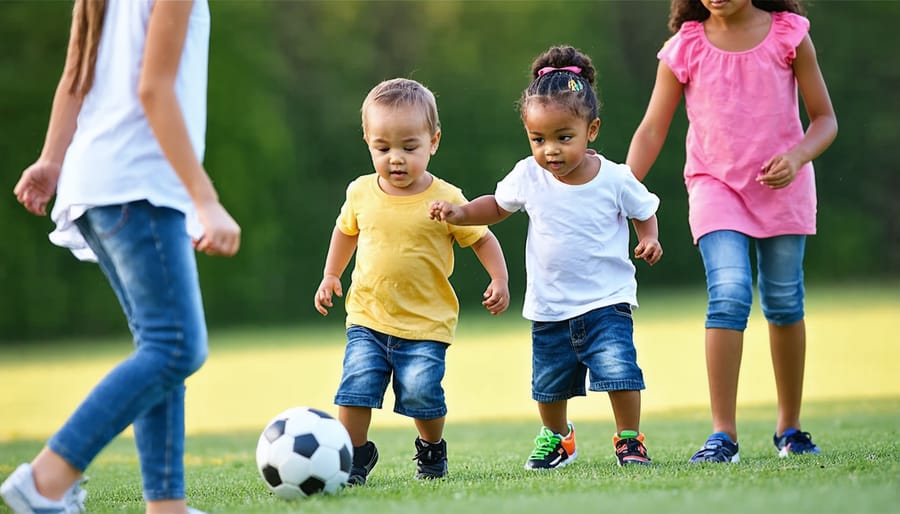
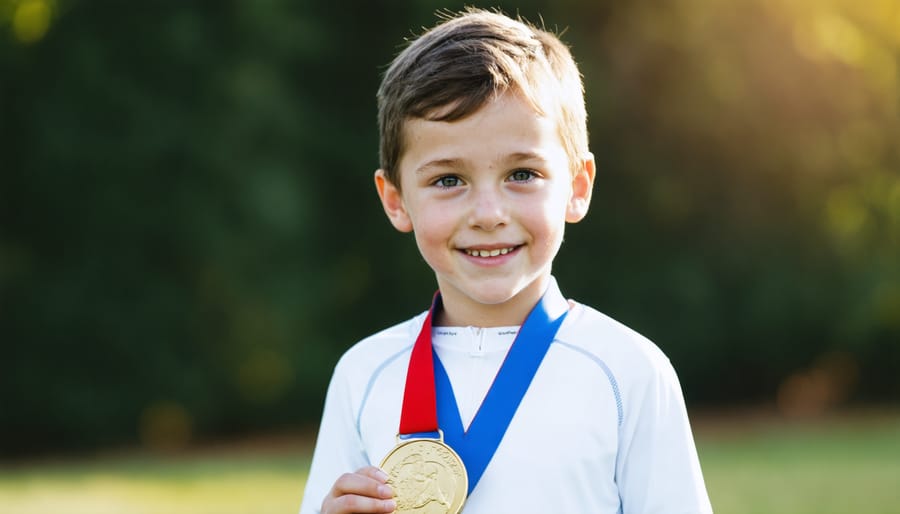
Builds Resilience
Overcoming physical challenges through exercise is a powerful way to build resilience. When we push ourselves to complete a tough workout or achieve a new fitness goal, we prove to ourselves that we can persevere through adversity. This mental toughness developed in the gym or on the sports field translates to facing obstacles in other areas of life. By learning to embrace discomfort and maintain a growth mindset during physical activity, we strengthen our ability to bounce back from setbacks and navigate stressful situations with grit and determination. Regular exercise teaches us that challenges are opportunities for growth, and that we possess the strength to overcome them. This resilience is a valuable asset that can help us thrive in the face of life’s inevitable ups and downs.
Conclusion
Regular physical activity offers numerous mental health benefits for children, from reducing anxiety and depression to improving self-esteem, cognitive function, and overall well-being. By promoting the release of mood-boosting endorphins, exercise helps regulate emotions and provides a healthy outlet for stress. Moreover, engaging in sports and active play fosters social connections, teamwork skills, and a sense of belonging. As a parent, prioritizing your child’s physical activity is one of the most powerful ways to support their mental and emotional development. Start by finding activities they enjoy, setting aside dedicated playtime, and leading by example with an active lifestyle. Even small steps, like family walks or backyard games, can make a big difference in nurturing a happy, resilient child.

